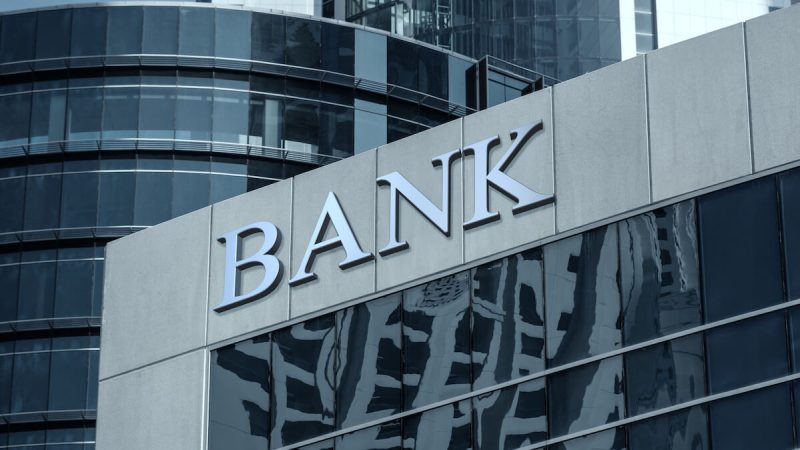In the ever-changing landscape of global finance, the stability of the banking system is a topic of constant concern. Recent economic uncertainties have raised questions about whether the banking system is on the verge of a systemic implosion. With various factors at play, it’s crucial to understand the indicators that could signal potential trouble ahead.
One key factor to look out for is the level of non-performing loans held by banks. A high number of non-performing loans can indicate that borrowers are struggling to repay their debts, which can strain the financial health of banks. This can lead to a domino effect, where defaults increase, further weakening the banking system.
Another important indicator is the level of leverage within the banking sector. High levels of leverage can amplify losses and increase the risk of insolvency. If banks are highly leveraged, even a small downturn in the economy or a decline in asset prices could have a significant impact on their balance sheets.
Additionally, the interconnectedness of banks is a critical factor to consider. In today’s globalized financial system, banks are often linked through complex networks of borrowing and lending. If one bank fails, it could trigger a chain reaction of defaults and liquidity problems, leading to a systemic crisis.
Regulatory oversight is also a key consideration when assessing the stability of the banking system. Weak regulatory frameworks or lax enforcement can allow risky behavior to go unchecked, increasing the likelihood of a systemic implosion. Therefore, it’s essential for regulators to maintain a vigilant stance and implement effective measures to prevent excessive risk-taking within the banking sector.
In conclusion, while the possibility of a systemic implosion in the banking system is a concerning prospect, being aware of the warning signs and taking proactive measures can help mitigate the risks. By monitoring indicators such as non-performing loans, leverage levels, interconnectedness, and regulatory oversight, stakeholders can better anticipate and address potential vulnerabilities before they escalate into a full-blown crisis. Ultimately, a resilient and well-regulated banking system is crucial for maintaining financial stability and fostering sustainable economic growth.


